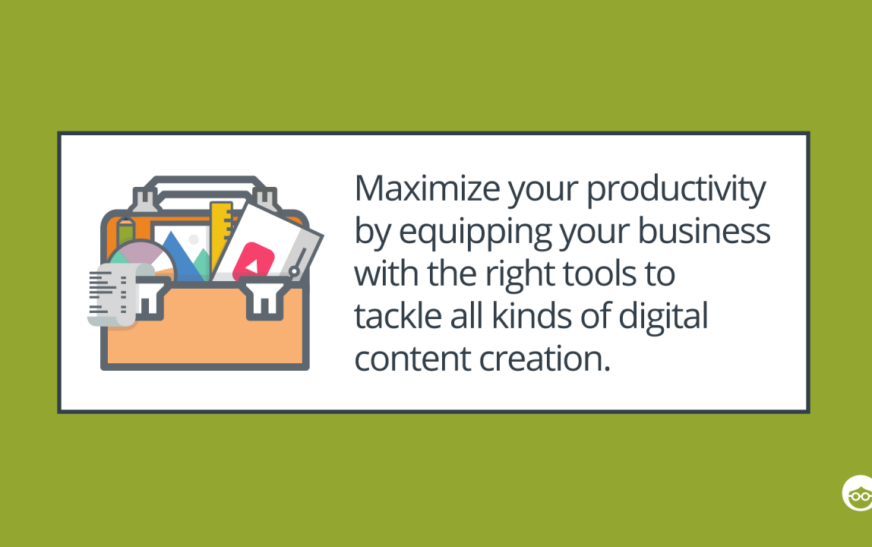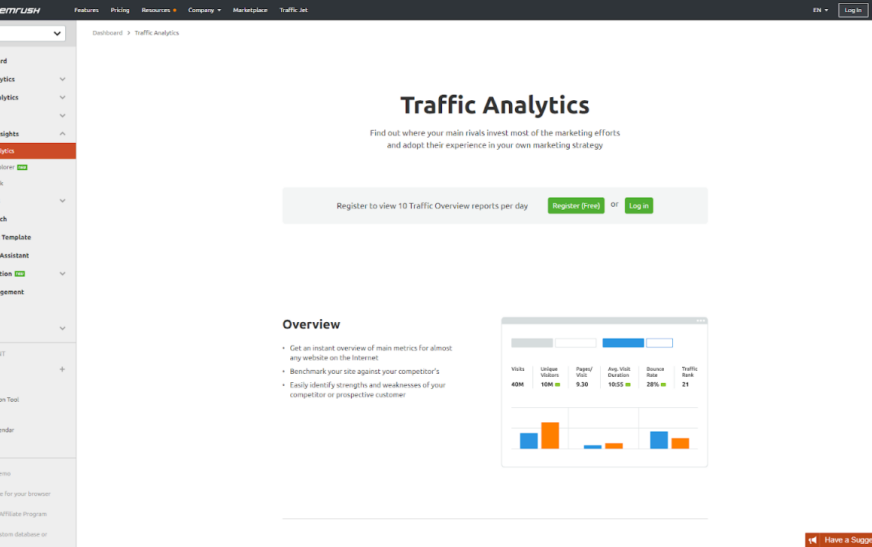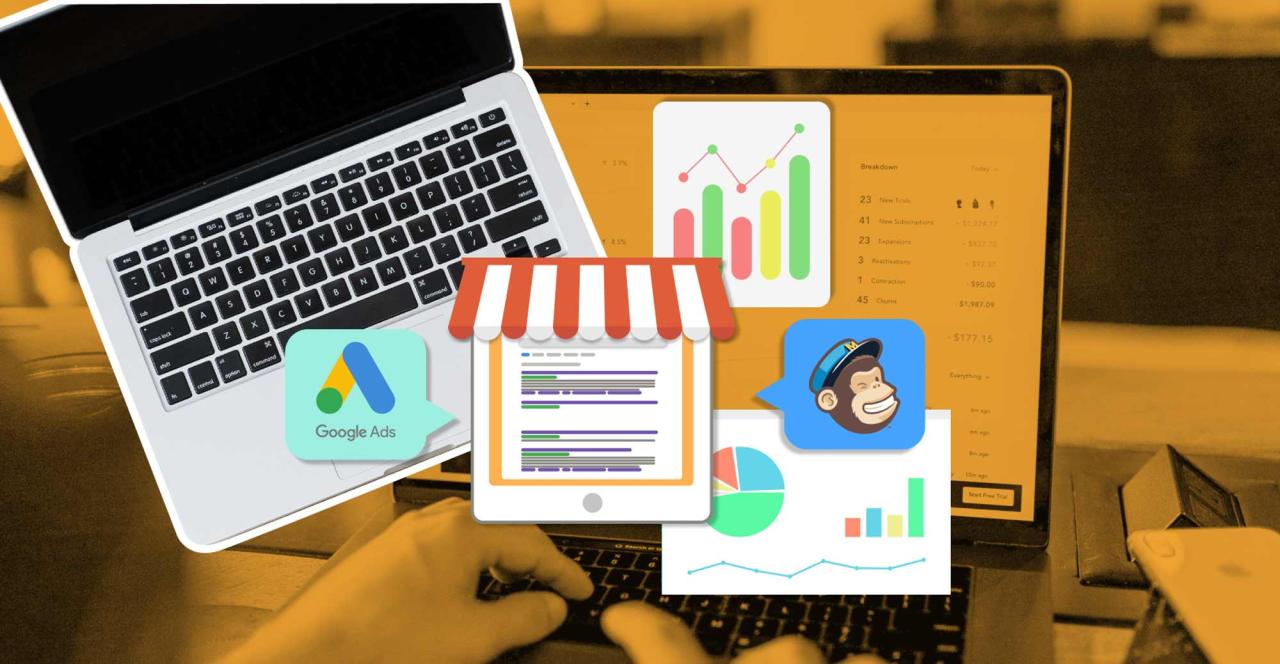How to Choose the Right Digital Tools for Your Business takes center stage, inviting you into a world of knowledge and innovation. Get ready for a journey filled with insights and practical tips to help your business thrive.
Consider Your Business Needs
In order to choose the right digital tools for your business, it is crucial to first consider your specific requirements, goals, and challenges. By understanding what your business needs are, you can effectively narrow down your options and make informed decisions.
Specific Requirements of Your Business
- Identify the size of your business and the number of employees who will be using the digital tools.
- Determine the industry you are in and the unique requirements that come with it.
- Consider the scalability of the tools to accommodate future growth of your business.
Main Goals and Objectives
- Define the main objectives you want to achieve with the digital tools, whether it’s increasing efficiency, improving communication, or enhancing customer experience.
- Set measurable goals to track the success of the tools in helping you achieve your objectives.
- Align the goals with your overall business strategy to ensure the tools contribute to the growth and success of your business.
Key Challenges
- Identify the current challenges your business is facing that could be addressed with the help of digital tools.
- Consider issues such as inefficient processes, lack of collaboration, or difficulty in tracking performance metrics.
- List the key pain points that you want the digital tools to solve in order to improve your business operations.
Research Digital Tools
When choosing the right digital tools for your business, it is important to research and compare the available options to find the best fit for your specific needs. Here is a list of popular digital tools that can help streamline your business operations:
Email Marketing Platforms
- Mailchimp: Offers customizable templates, automation features, and detailed analytics to optimize your email campaigns.
- Constant Contact: Provides easy-to-use tools for creating, sending, and tracking email newsletters.
- AWeber: Known for its user-friendly interface and extensive integration options with other platforms.
Project Management Tools
- Asana: Enables teams to collaborate, track progress, and manage tasks efficiently in one place.
- Trello: Uses boards, lists, and cards to organize projects and tasks visually, suitable for teams of all sizes.
- Jira: Ideal for software development teams, offering advanced project tracking and issue management capabilities.
Customer Relationship Management (CRM) Systems, How to Choose the Right Digital Tools for Your Business
- Salesforce: A comprehensive CRM platform that allows businesses to manage customer interactions, sales pipelines, and marketing campaigns.
- HubSpot CRM: Offers a free, user-friendly CRM system with tools for marketing, sales, and customer service.
- Zoho CRM: Provides customizable modules for managing leads, contacts, accounts, and sales opportunities.
Assess Compatibility
When choosing the right digital tools for your business, it is crucial to assess their compatibility with your existing systems. This ensures a smooth integration process and maximizes the efficiency of your operations.Discuss the integration capabilities of the digital tools with other software to determine if they can work seamlessly together.
Consider how easily data can be transferred between different platforms and whether any additional configurations are needed for a successful integration.
Evaluate Existing Systems
- Assess the current software and hardware infrastructure in your organization.
- Identify any potential conflicts or compatibility issues that may arise.
- Consider the scalability of the digital tools to accommodate future growth and changes in your business.
Integration Capabilities
- Research the APIs and compatibility requirements of the digital tools.
- Check if the tools offer pre-built integrations with commonly used software.
- Consider the level of technical support provided by the tool’s vendor for integration purposes.
Ease of Use and Training
- Evaluate the user interface of the digital tools to ensure they are user-friendly.
- Consider the training requirements for your team to effectively use the tools.
- Look for tools that offer comprehensive training resources and customer support.
Budget and Cost Analysis
When it comes to choosing the right digital tools for your business, one crucial aspect to consider is your budget and cost analysis. Understanding the financial implications of acquiring these tools is essential for making informed decisions that align with your business goals.
Determine Budget Allocation
Before diving into the world of digital tools, it’s important to determine the budget allocated for acquiring these resources. Consider how much you are willing to invest in technology that can streamline your business operations and drive growth.
Analyze Cost Structure
Take a close look at the cost structure of each digital tool you are considering. Some tools may require a subscription fee, while others may involve a one-time payment. Understanding the cost implications upfront will help you make a more informed decision.
Calculate ROI
Calculating the return on investment (ROI) for each tool is crucial in assessing their potential benefits for your business. Consider the value that each tool can bring in terms of increased efficiency, productivity, and profitability. This analysis will help you prioritize the tools that offer the best ROI for your business.
Security and Compliance

When it comes to choosing the right digital tools for your business, security and compliance are crucial aspects to consider. Ensuring the safety of your data and meeting industry-specific regulations are essential for the smooth operation of your business.
Security Features and Data Protection
- Look for digital tools that offer encryption capabilities to protect sensitive data from unauthorized access.
- Check if the tools provide multi-factor authentication to add an extra layer of security to your accounts.
- Consider tools that offer regular security updates and patches to address any vulnerabilities.
- Review the data backup and recovery options to ensure your information is safe in case of emergencies.
Compliance Requirements
- Identify the specific compliance regulations that apply to your industry, such as GDPR for data protection or HIPAA for healthcare.
- Choose digital tools that are compliant with these regulations to avoid any legal issues or fines.
- Ensure that the tools have features that help you maintain compliance, such as audit trails and access controls.
Privacy Policies
- Review the privacy policies of the digital tools to understand how your data will be handled and protected.
- Check if the tools have clear policies on data sharing and third-party access to safeguard your information.
- Look for tools that allow you to control and manage the privacy settings of your data within the platform.
User Reviews and Recommendations
When choosing the right digital tools for your business, it is crucial to consider the feedback from other users and seek recommendations from industry experts or peers. This can provide valuable insights into the effectiveness and reliability of the tools you are considering.
Research User Reviews and Ratings
- Look for user reviews and ratings on reliable platforms such as Capterra, G2, or Trustpilot.
- Pay attention to the overall sentiment and specific comments to understand the pros and cons of each tool.
- Consider the number of reviews and the average rating to gauge the tool’s popularity and performance.
Seek Recommendations from Industry Experts or Peers
- Reach out to industry experts or colleagues who have experience with the digital tools you are interested in.
- Ask for their feedback, recommendations, and any tips or insights they may have regarding the tools.
- Consider joining online communities or forums where professionals discuss and recommend digital tools for businesses.
Consider the Overall Reputation and Reliability of the Tool Providers
- Research the reputation of the tool providers by checking their website, customer testimonials, and case studies.
- Look for signs of reliability such as years in business, client base, and partnerships with reputable organizations.
- Consider the level of customer support and ongoing updates provided by the tool providers.
Last Word: How To Choose The Right Digital Tools For Your Business
In conclusion, selecting the right digital tools is crucial for your business success. With careful consideration and strategic planning, you can empower your team and drive growth. Take the leap towards digital transformation today!







